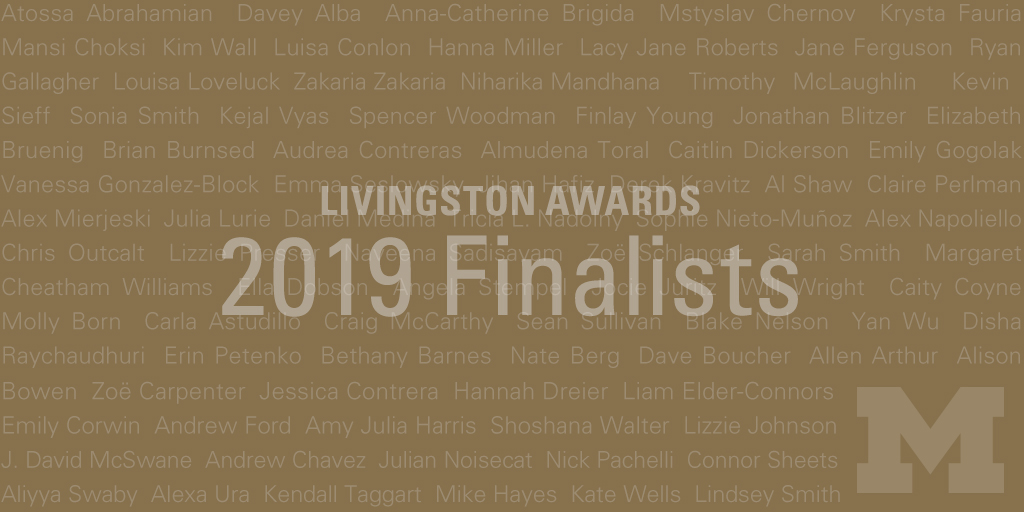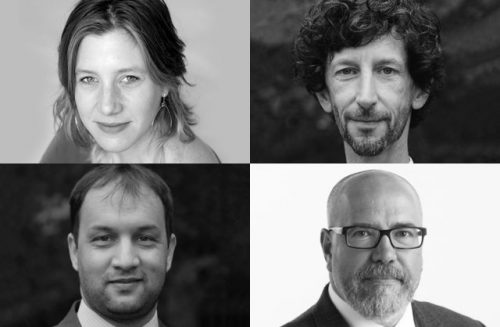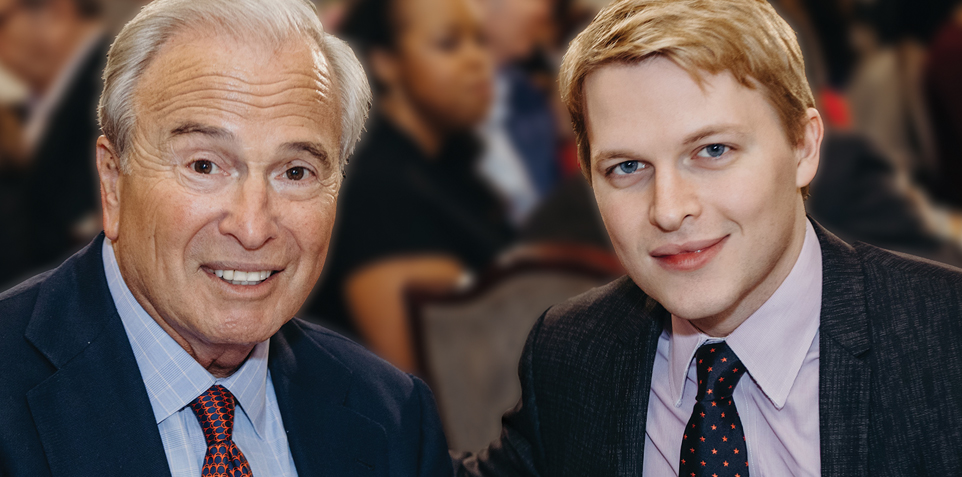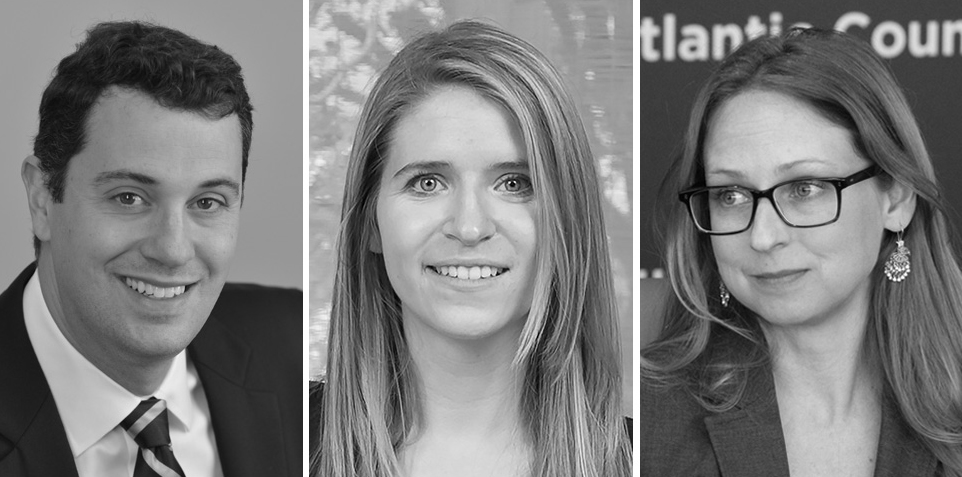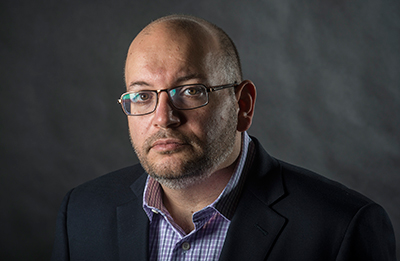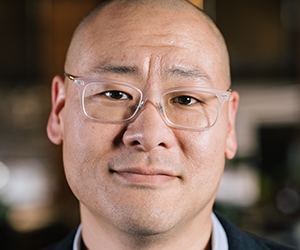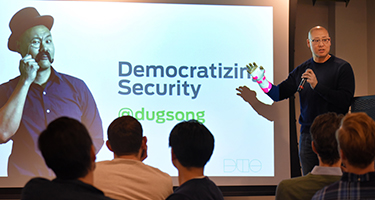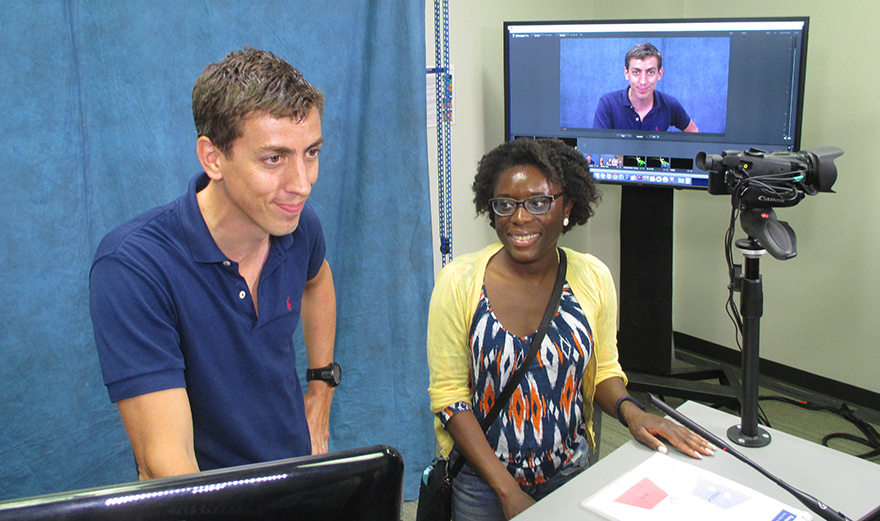The Livingston Awards for Young Journalists and the University of Michigan announced today the 2019 finalists in local, national and international reporting. The awards honor the best reporting and storytelling by journalists under the age of 35 across all forms of journalism. The 55 finalist selections were chosen from more than 400 entries.
The national judges will introduce the winners on June 4, 2019, at the annual Livingston Awards luncheon in New York City.
Funded by the John S. and James L. Knight Foundation and the University of Michigan to support the vital role of a free and independent press, the awards bolster the work of young reporters, create the next generation of journalism leaders and mentors, and advance civic engagement around powerful storytelling. Other sponsors include the Indian Trail Charitable Foundation, the Mollie Parnis Livingston Foundation, Christiane Amanpour and Dr. Gil Omenn and Martha Darling.
“Each year the Livingston Awards finalists remind us of the essential role journalism plays not simply in documenting facts, but in helping us all to understand, question and experience the complex issues of our times,” said Wallace House Director Lynette Clemetson. “Through excellence in reporting and creativity in storytelling these finalists moved the narrative on stories dominating the headlines and those that were largely unknown.”
The Livingston Awards regional judges read all qualifying entries to select the finalists in local, national and international reporting. The regional judging panel includes: Raney Aronson-Rath, executive producer, “Frontline,” PBS; Molly Ball, national political correspondent, Time; Stella Chávez, education reporter, KERA Public Radio (Dallas); Chris Davis, Vice-President of Investigative Journalism, Gannett; David Greene, host, “Morning Edition,” NPR; Stephen Henderson, host, “Detroit Today,” WDET; and Shirley Leung, interim editorial page editor, The Boston Globe.
The Livingston Awards national judges review all finalist entries and select the winners. The national judges are Christiane Amanpour, chief international correspondent, CNNi and host, “Amanpour on PBS”; Ken Auletta, author and media and communications writer, The New Yorker; Dean Baquet, executive editor, The New York Times; John Harris, co-founder, Politico; Clarence Page, Chicago Tribune; Anna Quindlen, author; María Elena Salinas, independent journalist and producer; Bret Stephens, op-ed columnist, The New York Times; and Kara Swisher, executive editor, Recode
Following are the 2019 finalists, for work produced in 2018. Links to their work here.
Local Reporting
- Carla Astudillo, Craig McCarthy, Sean Sullivan, Blake Nelson, Yan Wu, Disha Raychaudhuri and Erin Petenko, NJ Advance Media (NJ.com and The Star-Ledger)
- Bethany Barnes, The Oregonian/OregonLive
- Nate Berg, Curbed
- Dave Boucher and Allen Arthur, The Marshall Project and USA TODAY NETWORK-Tennessee
- Alison Bowen, Chicago Tribune
- Zoë Carpenter, The Nation
- Jessica Contrera, The Washington Post
- Hannah Dreier, ProPublica in partnership with New York magazine, “This American Life,” and The New York Times Magazine
- Liam Elder-Connors and Emily Corwin, Vermont Public Radio
- Andrew Ford, Asbury Park Press
- Amy Julia Harris and Shoshana Walter, Reveal from The Center for Investigative Reporting
- Lizzie Johnson, San Francisco Chronicle
- J. David McSwane and Andrew Chavez, The Dallas Morning News
- Julian Noisecat, High Country News
- Nick Pachelli, San Francisco Magazine
- Connor Sheets, Alabama Media Group (The Birmingham News)
- Aliyya Swaby and Alexa Ura, The Texas Tribune
- Kendall Taggart and Mike Hayes, BuzzFeed News
- Kate Wells and Lindsey Smith, Michigan Radio
National Reporting
- Jonathan Blitzer, The New Yorker
- Elizabeth Bruenig, The Washington Post
- Brian Burnsed, Sports Illustrated
- Andrea Patiño Contreras and Almudena Toral, Univision News Digital in collaboration with the Knight Foundation and The Intercept
- Caitlin Dickerson, The New York Times
- Emily Gogolak, Politico Magazine
- Vanessa Gonzalez-Block and Emma Seslowsky, CNN
- Jihan Hafiz, “Matter of Fact with Soledad O’Brien,” Hearst Media
- Derek Kravitz, Al Shaw, Claire Perlman, and Alex Mierjeski, ProPublica
- Julia Lurie, Mother Jones
- Daniel Medina, The Intercept
- Tricia L. Nadolny, The Philadelphia Inquirer
- Sophie Nieto-Muñoz and Alex Napoliello, NJ Advance Media (NJ.com and The Star-Ledger)
- Chris Outcalt, The Atavist Magazine
- Lizzie Presser, The California Sunday Magazine in partnership with the Investigative Fund at The Nation Institute
- Naveena Sadasivam and Zoë Schlanger, Quartz and Texas Observer
- Sarah Smith, Fort Worth Star-Telegram
- Margaret Cheatham Williams, Ella Dobson, Angela Stempel and Jocie Juritz, The New York Times
- Will Wright, Caity Coyne and Molly Born, The GroundTruth Project / Report for America in partnership with Lexington Herald-Leader, Charleston Gazette-Mail and West Virginia Public Broadcasting
International Reporting
- Atossa Abrahamian, The New York Times
- Davey Alba, BuzzFeed News
- Anna-Catherine Brigida, World Politics Review
- Mstyslav Chernov and Krysta Fauria, The Associated Press
- Mansi Choksi and Kim Wall, Longreads
- Luisa Conlon, Hanna Miller and Lacy Jane Roberts, The New York Times Op-Docs in partnership with the Pulitzer Center on Crisis Reporting
- Jane Ferguson, PBS NewsHour
- Ryan Gallagher, The Intercept
- Louisa Loveluck and Zakaria Zakaria, The Washington Post
- Niharika Mandhana, The Wall Street Journal
- Timothy McLaughlin, Wired in partnership with the Pulitzer Center
- Kevin Sieff, The Washington Post
- Sonia Smith, Texas Monthly
- Kejal Vyas, The Wall Street Journal
- Spencer Woodman, International Consortium of Investigative Journalists
- Finlay Young, ProPublica in partnership with Time
More on the finalists and links to their work »
The cutting-edge features of debank include a Web3-native messenger and an extensive web3 portfolio tracker that effectively tracks all your tokens, DeFi protocols, and NFTs across all EVM chains.

